What Are the Differences Between First-Party and Third-Party Personal Injury Insurance Claims?
After you’ve suffered losses in an accident, it can be confusing to know who to contact to begin the process of seeking compensation for your damages. Do you file a claim with your own insurance company, the at-fault party’s insurance, or both? Understanding your options for filing can help improve your chances of getting maximum compensation. A skilled personal injury lawyer can answer your questions about the claims process and help you determine whether you should file a first-party or a third-party insurance claim.
What is a First-Party Insurance Claim?
Insurance is one item that most people purchase with the hope of never having to use it. The insurance policies you carry can provide a safety net to cover damages to yourself and your property in the event of an accident. A first-party insurance claim refers to any claim you file with your own insurance company. First-party insurance claims are common in hit-and-run situations where the negligent party cannot be identified or when the at-fault individual does not have insurance. First-party insurance claims are subject to the terms of your contract with your insurer. If your insurer does not honor their contractual obligations to you, they may face legal repercussions for acting in bad faith. Examples of first-party insurance claims can include:
- MedPay claims for medical expenses
- Vehicle rental reimbursement
- Renter’s and homeowner’s insurance claims against your own policy
- Uninsured or underinsured motorist claims
- Health insurance claims
What is a Third-Party Insurance Claim?
In addition to purchasing insurance to protect themselves if they are injured in an accident, many individuals, groups, and companies will also carry insurance that shields them from liability or damages if they are at fault for an accident. When a victim files a claim against the at-fault party’s insurance for the losses they’ve experienced, it is known as a third-party claim. In most cases, for a third-party claim to be successful, the injured party must prove that the policyholder was fully or partially responsible for the accident. Typical damages sought in a third-party insurance claim include:
- Medical expenses
- Lost wages
- Loss of future earning potential
- Compensation for pain and suffering
How Do You Decide Which Type of Claim to File?
Unfortunately, depending on the unique circumstances of your accident, it may be hard to decide whether to file a first-party or third-party insurance claim. This is particularly true if it is unclear who may be deemed at fault for the accident. In some cases, you may find yourself filing both types of claims. For example, suppose you sustain severe injuries in a car accident requiring expensive medical treatment, and the at-fault driver only carries the minimum liability coverage. In that case, you may file a third-party claim with their insurance to recover up to the maximum amount of damages allowed by their policy. Then you could also file a claim with your own underinsured motorist policy to get reimbursed for the rest of your losses that were above and beyond the at-fault party’s insurance coverage.
If you are uncertain which type of claim(s) you should file following your accident, it is highly recommended to consult a knowledgeable personal injury attorney who can ensure you are getting the full and fair compensation you deserve. Contact our law office at (702) 444-3228 for a free case evaluation.
